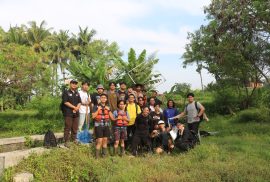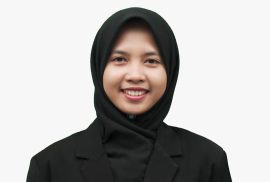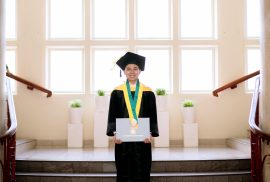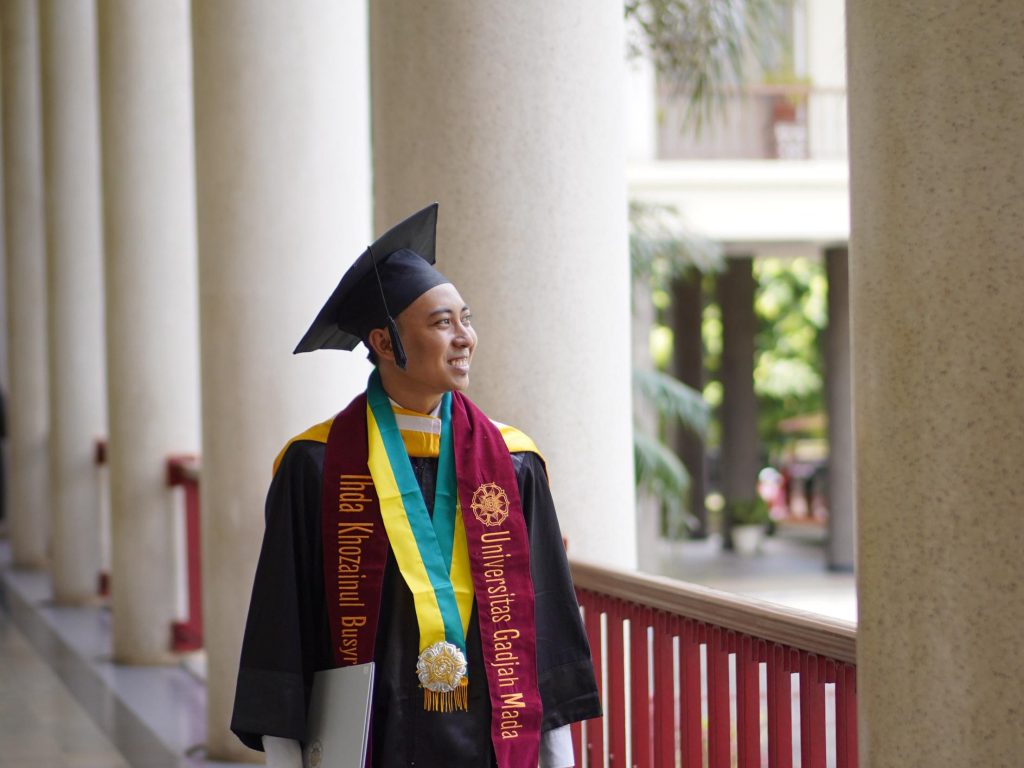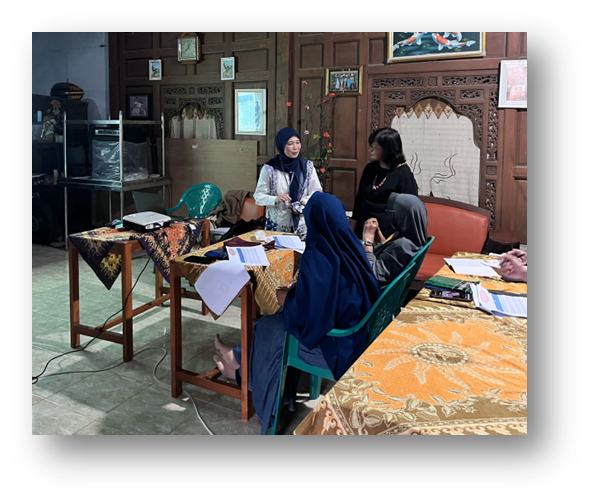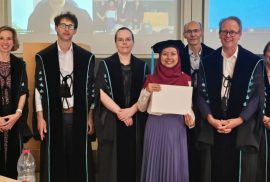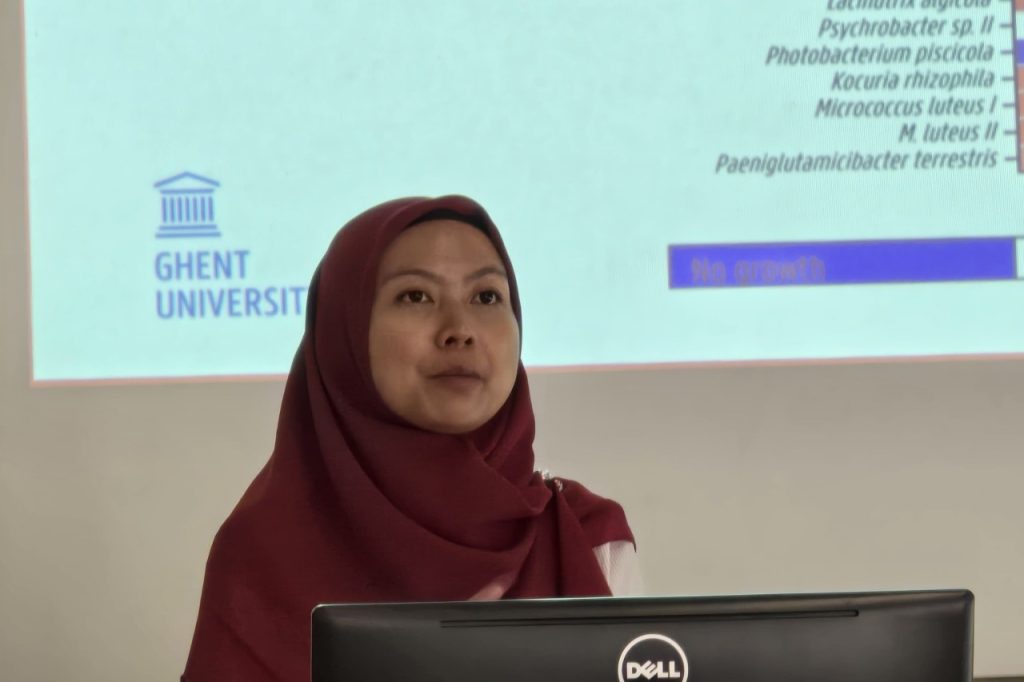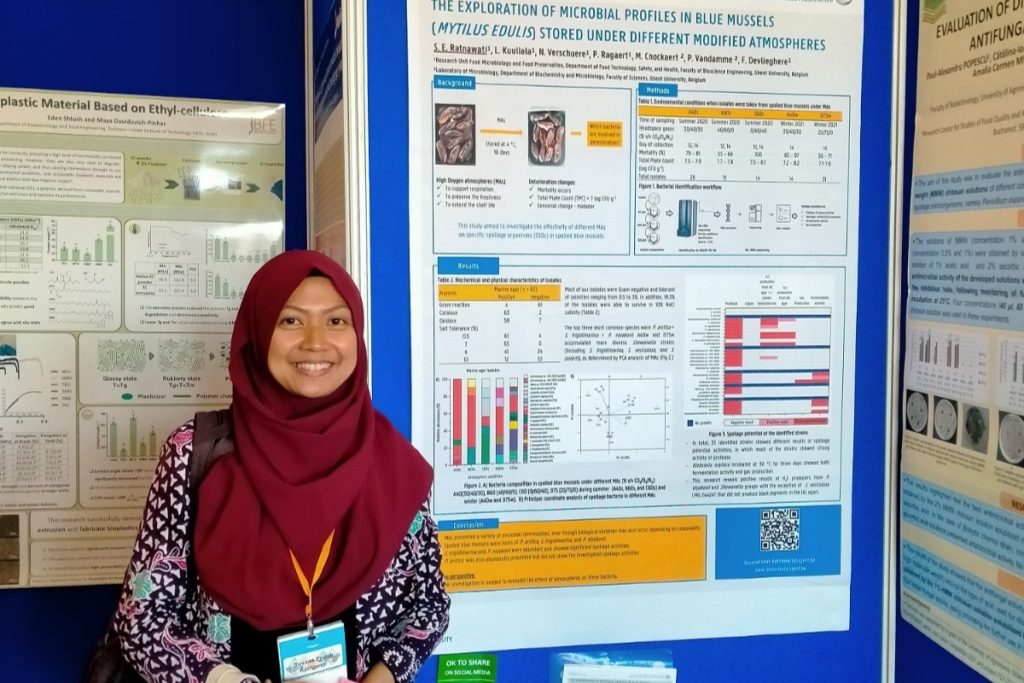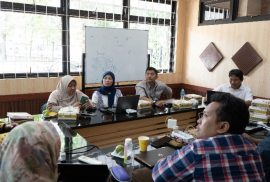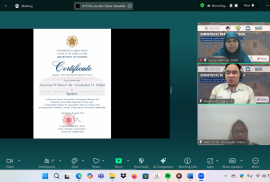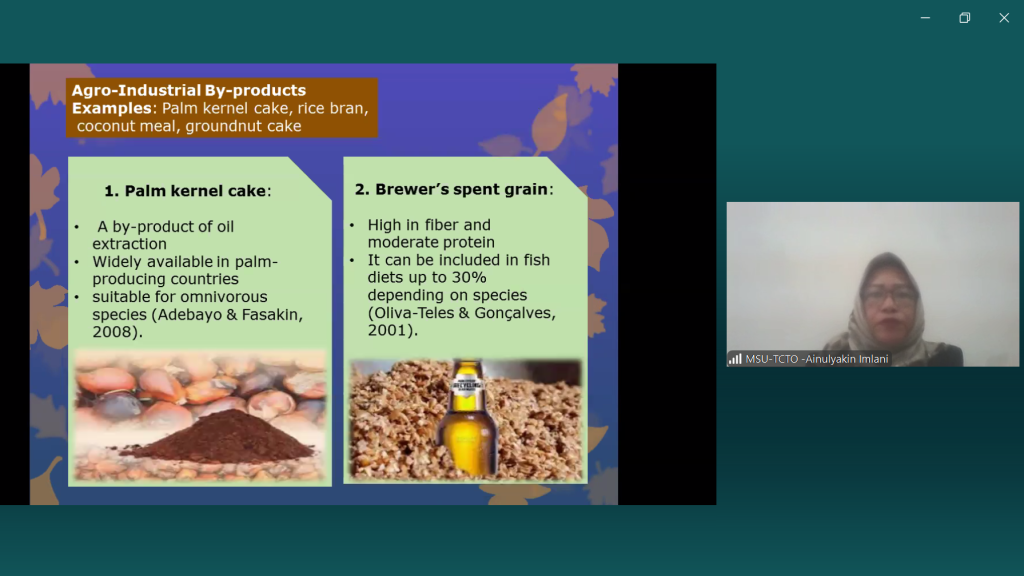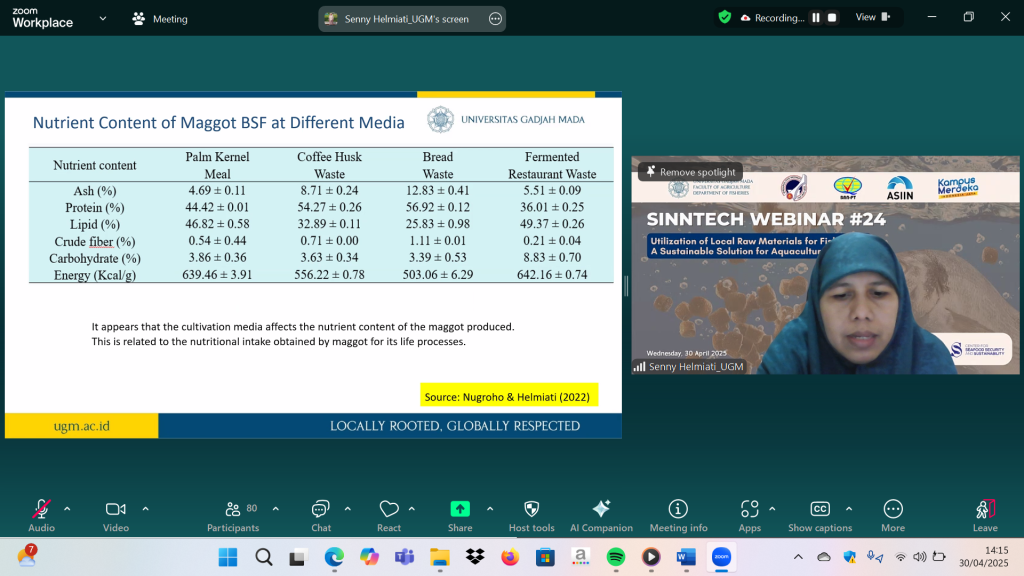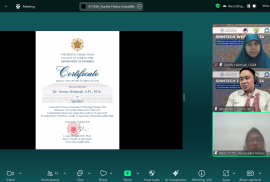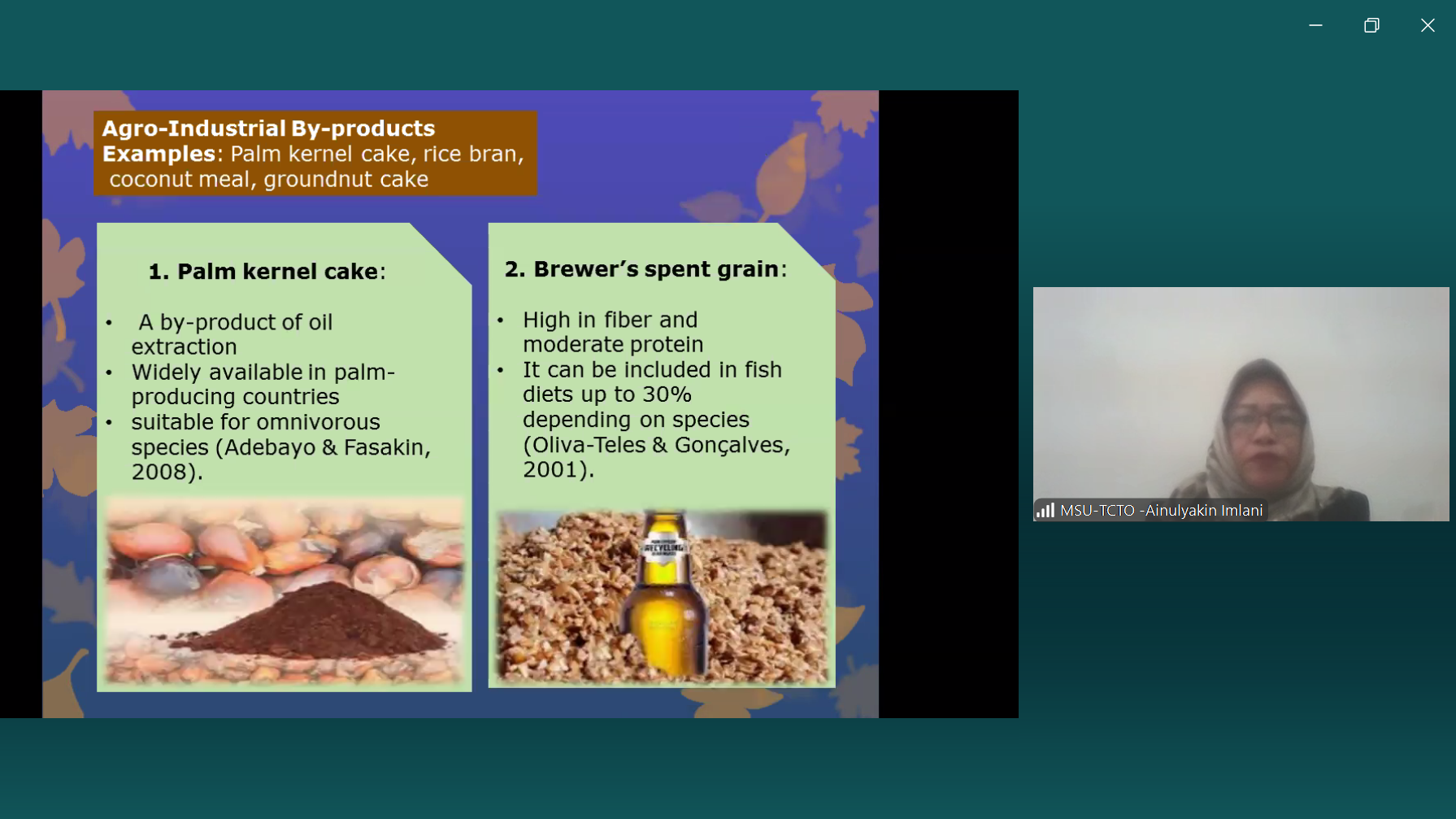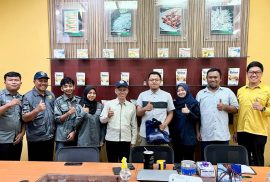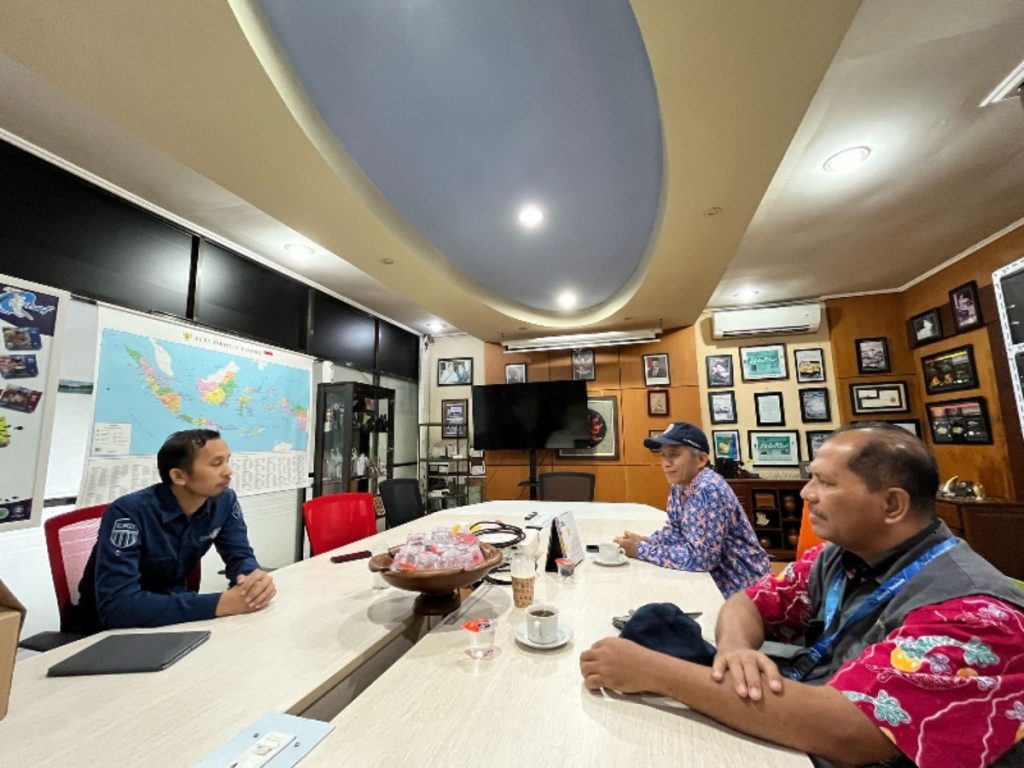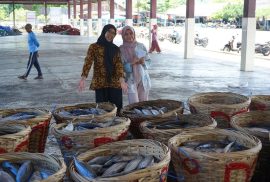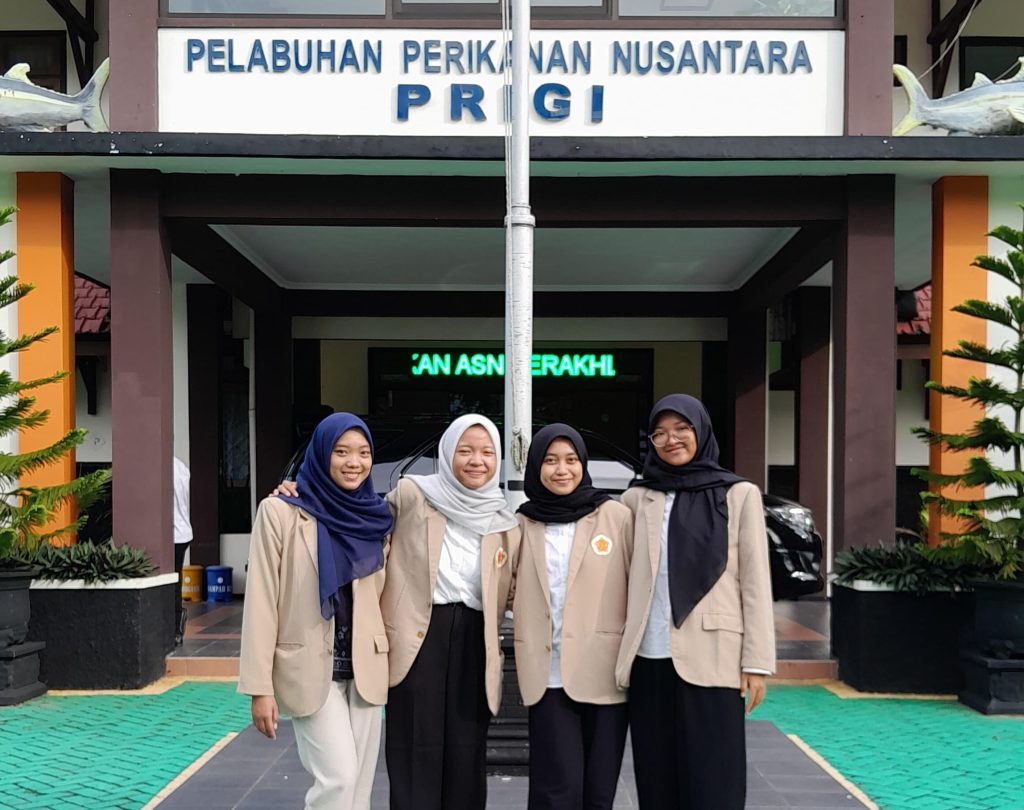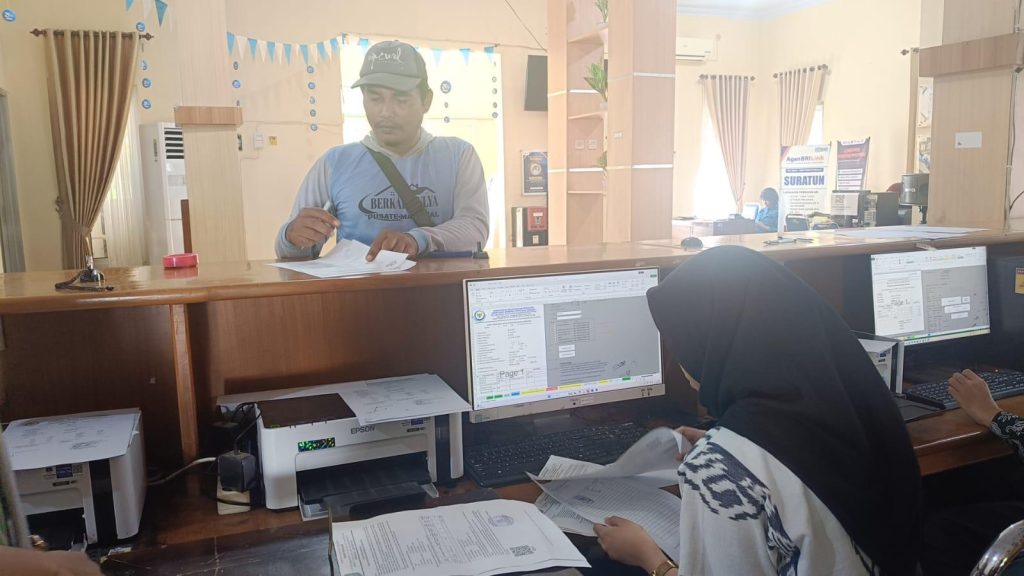UGM Aquatic Resources Management Student Practicum; Studying Aquatic Plant Biomass and Fishing Gear Selectivity
News Sunday, 1 June 2025
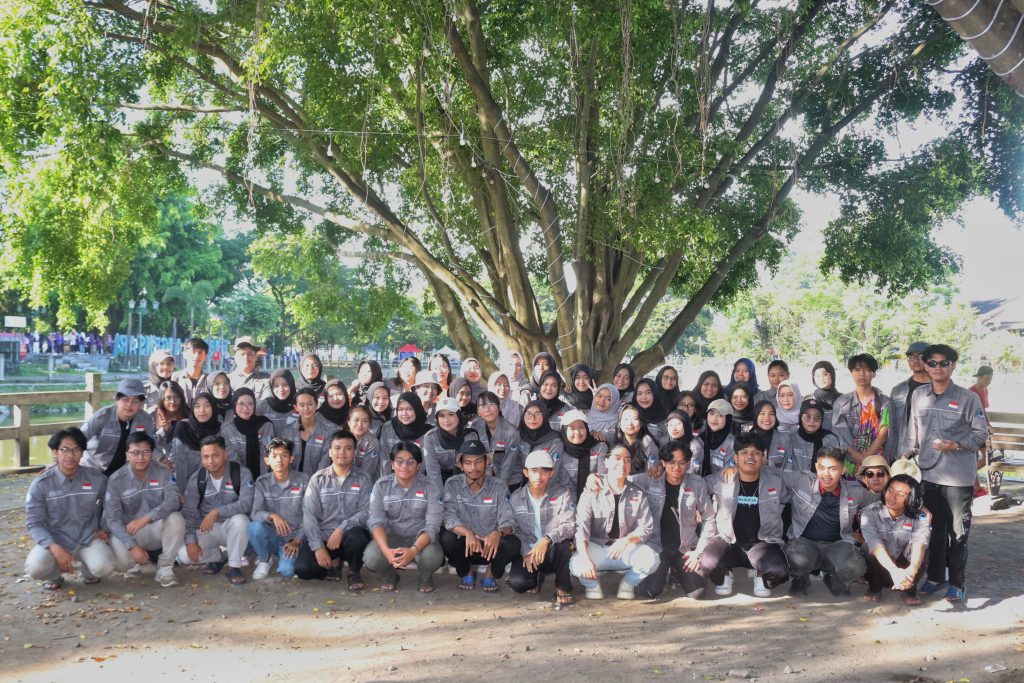
Students of the Aquatic Resources Management Study Program, Faculty of Agriculture, Gadjah Mada University, conducted a field practicum on April 26-27, 2025 with the theme “Aquatic Plant Biomass and Fishing Gear Selectivity.” This activity took place at Watu Manten Reservoir and Langensari Reservoir, Bantul Regency, DIY. On the first day, students identified various types of aquatic plants and calculated their abundance to determine their dominance and role in maintaining the balance of the aquatic ecosystem. Meanwhile, on Sunday, April 27, 2025, the practicum focused on training in fishing gear selectivity at Langensari Reservoir. Students learned to use traditional fishing gear such as fishing rods and traps, as well as practicing making bait. They also caught fish and collected data on the length and weight of the fish to analyze the effectiveness of the fishing gear in fish selectivity.
This activity received a positive response from students who felt that the practicum not only increased their insight into aquatic plants and fishing gear, but also increased cooperation between participants. Students hope that this experience can raise awareness of the importance of preserving fish resources by using appropriate fishing gear and only taking fish that meet the appropriate catchable size. This practicum also supports the sustainable development goals (SDGs) especially in points (4) Quality Education, (14) Life Below Water, and (17) Partnerships for the Goals.
Author: Fathurrahman Kafi
Editor: Nahla Alfiatunnisa, S.Pi.

